Hyundai Kona vs VW Golf Variant – Which car suits you better?
Costs and Efficiency:
Looking at overall running costs, both models reveal some interesting differences in everyday economy.
Hyundai Kona has a a bit advantage in terms of price – it starts at 23100 £, while the VW Golf Variant costs 26100 £. That’s a price difference of around 3081 £.
Fuel consumption also shows a difference: VW Golf Variant manages with 4.30 L and is therefore slight more efficient than the Hyundai Kona with 4.60 L. The difference is about 0.30 L per 100 km.
Engine and Performance:
Under the bonnet, it becomes clear which model is tuned for sportiness and which one takes the lead when you hit the accelerator.
When it comes to engine power, the VW Golf Variant has a evident edge – offering 333 HP compared to 218 HP. That’s roughly 115 HP more horsepower.
In acceleration from 0 to 100 km/h, the VW Golf Variant is clearly quicker – completing the sprint in 4.80 s, while the Hyundai Kona takes 7.80 s. That’s about 3 s faster.
In terms of top speed, the VW Golf Variant performs somewhat better – reaching 250 km/h, while the Hyundai Kona tops out at 210 km/h. The difference is around 40 km/h.
There’s also a difference in torque: VW Golf Variant pulls evident stronger with 420 Nm compared to 265 Nm. That’s about 155 Nm difference.
Space and Everyday Use:
Cabin size, boot volume and payload all play a role in everyday practicality. Here, comfort and flexibility make the difference.
Both vehicles offer seating for 5 people.
In curb weight, VW Golf Variant is hardly perceptible lighter – 1366 kg compared to 1370 kg. The difference is around 4 kg.
In terms of boot space, the VW Golf Variant offers evident more room – 611 L compared to 466 L. That’s a difference of about 145 L.
In maximum load capacity, the VW Golf Variant performs evident better – up to 1642 L, which is about 342 L more than the Hyundai Kona.
When it comes to payload, VW Golf Variant slightly takes the win – 547 kg compared to 490 kg. That’s a difference of about 57 kg.
Who wins the race?
The VW Golf Variant proves to be wins the duel decisively and therefore becomes our DriveDuel Champion!
VW Golf Variant is the better all-rounder in this comparison.
Costs and Consumption
View detailed analysis
Engine and Performance
View detailed analysis
Dimensions and Body
View detailed analysis
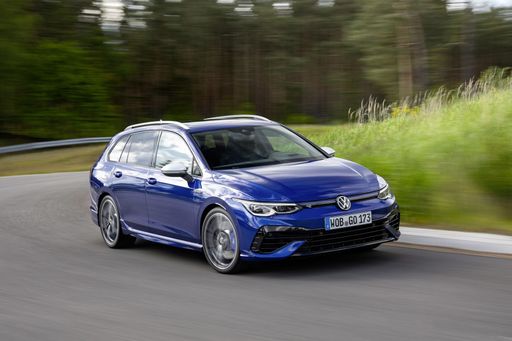 @ Volkswagen AG / VW Media
@ Volkswagen AG / VW Media
VW Golf Variant
Hyundai Kona
The Hyundai Kona wears its personality on the outside with bold styling and sprightly handling that turns city driving into something a little more fun than a commute. It blends practical space, modern tech and sensible running costs into a compact, stylish package — a smart pick if you want flair without paying luxury prices.
details @ Hyundai Motor Company
@ Hyundai Motor Company
 @ Hyundai Motor Company
@ Hyundai Motor Company
 @ Hyundai Motor Company
@ Hyundai Motor Company
 @ Hyundai Motor Company
@ Hyundai Motor Company
VW Golf Variant
The Golf Estate packs Volkswagen's familiar poise into a practical, grown-up estate that quietly makes everyday life easier without shouting for attention. It's clever, comfortable and roomy enough for weekend kit or family chaos, offering smart packaging and refined manners that make it a sensible and surprisingly stylish choice for buyers who need space but don't want a van.
details @ Volkswagen AG / VW Media
@ Volkswagen AG / VW Media
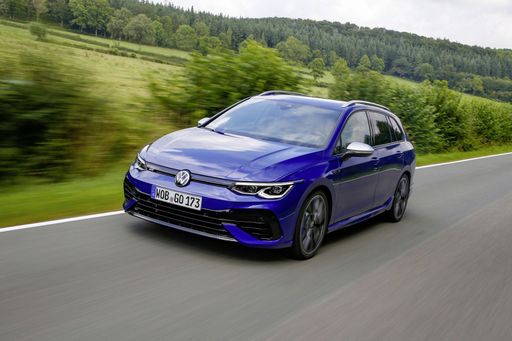 @ Volkswagen AG / VW Media
@ Volkswagen AG / VW Media
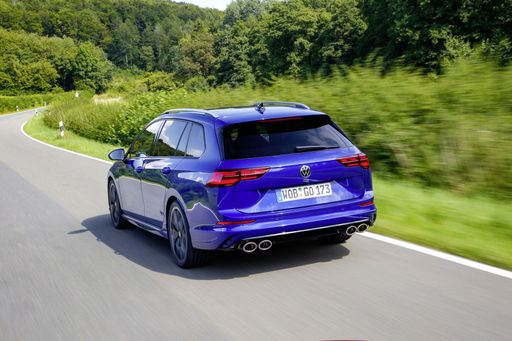 @ Volkswagen AG / VW Media
@ Volkswagen AG / VW Media
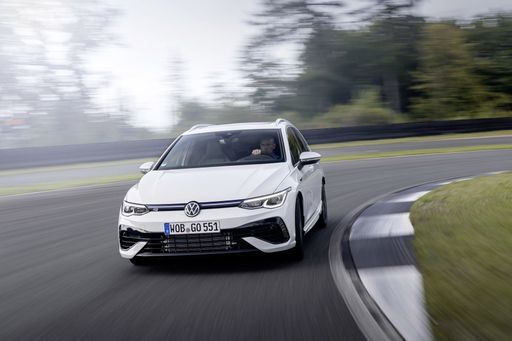 @ Volkswagen AG / VW Media
@ Volkswagen AG / VW Media
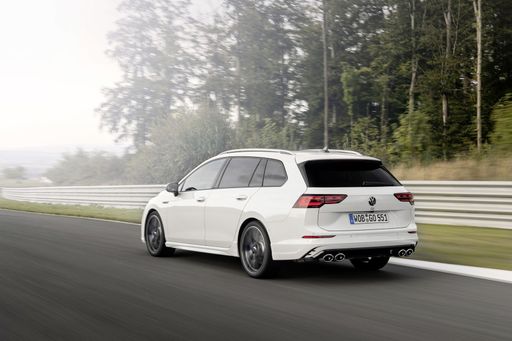 @ Volkswagen AG / VW Media
@ Volkswagen AG / VW Media
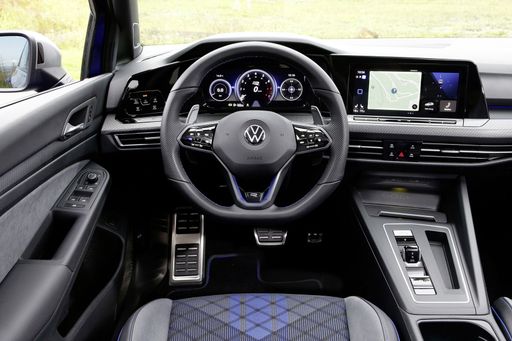 @ Volkswagen AG / VW Media
@ Volkswagen AG / VW Media
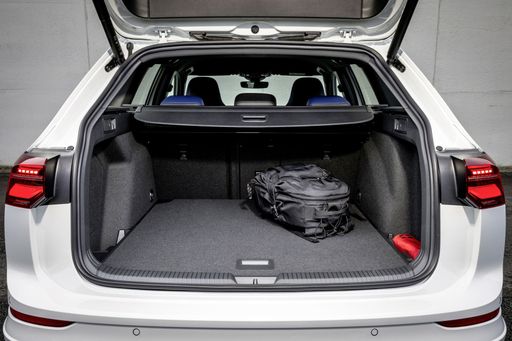 @ Volkswagen AG / VW Media
@ Volkswagen AG / VW Media
 @ Hyundai Motor Company
@ Hyundai Motor Company
|
 @ Volkswagen AG / VW Media
@ Volkswagen AG / VW Media
|
|
|
|
Costs and Consumption |
|
|---|---|
|
Price
23100 - 41600 £
|
Price
26100 - 48700 £
|
|
Consumption L/100km
4.6 - 7 L
|
Consumption L/100km
4.3 - 8.2 L
|
|
Consumption kWh/100km
14.6 - 16.8 kWh
|
Consumption kWh/100km
-
|
|
Electric Range
377 - 514 km
|
Electric Range
-
|
|
Battery Capacity
1.3 - 65.4 kWh
|
Battery Capacity
-
|
|
co2
0 - 163 g/km
|
co2
114 - 185 g/km
|
|
Fuel tank capacity
38 - 47 L
|
Fuel tank capacity
45 - 55 L
|
Dimensions and Body |
|
|---|---|
|
Body Type
SUV
|
Body Type
Estate
|
|
Seats
5
|
Seats
5
|
|
Doors
5
|
Doors
5
|
|
Curb weight
1370 - 1773 kg
|
Curb weight
1366 - 1621 kg
|
|
Trunk capacity
466 L
|
Trunk capacity
611 L
|
|
Length
4350 - 4385 mm
|
Length
4631 - 4651 mm
|
|
Width
1825 mm
|
Width
1789 mm
|
|
Height
1580 - 1585 mm
|
Height
1462 - 1487 mm
|
|
Max trunk capacity
1300 L
|
Max trunk capacity
1624 - 1642 L
|
|
Payload
420 - 490 kg
|
Payload
489 - 547 kg
|
Engine and Performance |
|
|---|---|
|
Engine Type
Electric, Petrol, Full Hybrid
|
Engine Type
Petrol MHEV, Petrol, Diesel
|
|
Transmission
Automatic, Manuel
|
Transmission
Automatic, Manuel
|
|
Transmission Detail
Reduction Gearbox, Manual Gearbox, Dual-Clutch Automatic
|
Transmission Detail
Dual-Clutch Automatic, Manual Gearbox
|
|
Drive Type
Front-Wheel Drive, All-Wheel Drive
|
Drive Type
Front-Wheel Drive, All-Wheel Drive
|
|
Power HP
115 - 218 HP
|
Power HP
116 - 333 HP
|
|
Acceleration 0-100km/h
7.8 - 11.9 s
|
Acceleration 0-100km/h
4.8 - 10.5 s
|
|
Max Speed
162 - 210 km/h
|
Max Speed
202 - 250 km/h
|
|
Torque
200 - 265 Nm
|
Torque
220 - 420 Nm
|
|
Number of Cylinders
3 - 4
|
Number of Cylinders
4
|
|
Power kW
85 - 160 kW
|
Power kW
85 - 245 kW
|
|
Engine capacity
998 - 1598 cm3
|
Engine capacity
1498 - 1984 cm3
|
General |
|
|---|---|
|
Model Year
2024 - 2025
|
Model Year
2024 - 2025
|
|
CO2 Efficiency Class
A, D, C, E, F
|
CO2 Efficiency Class
D, G, F, C
|
|
Brand
Hyundai
|
Brand
VW
|
Is the Hyundai Kona offered with different drivetrains?
Available configurations include Front-Wheel Drive or All-Wheel Drive.
The prices and data displayed are estimates based on German list prices and may vary by country. This information is not legally binding.
